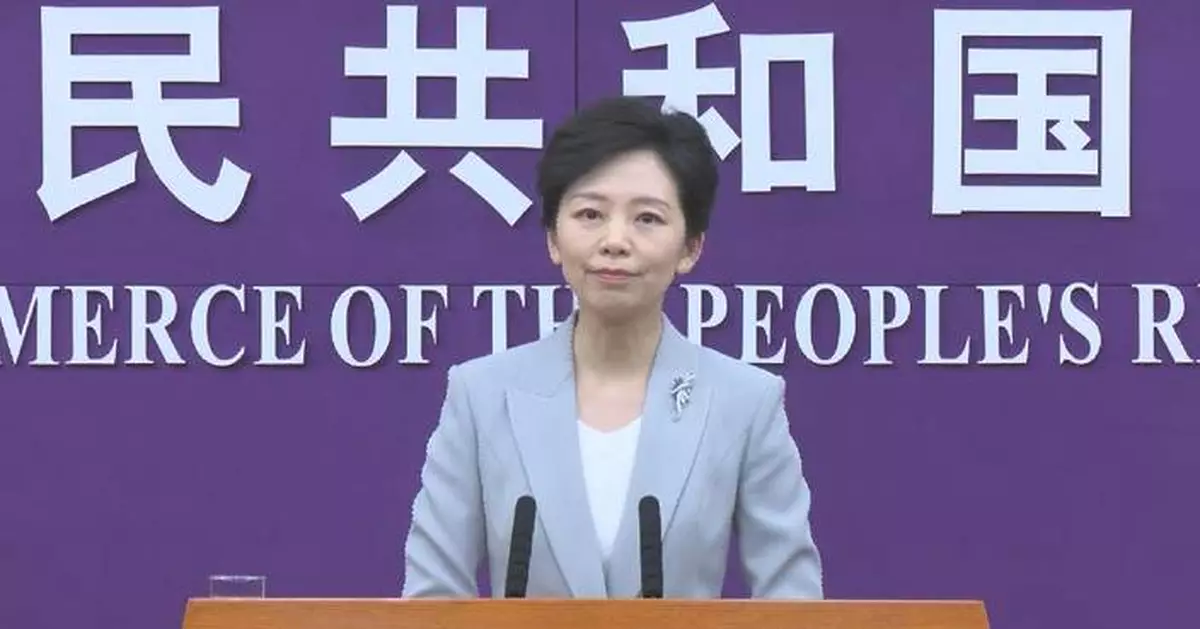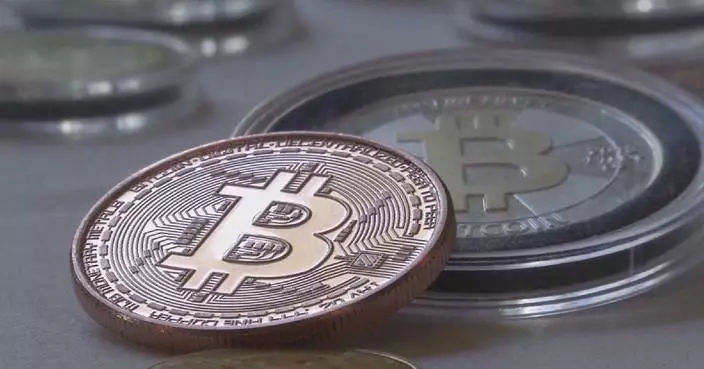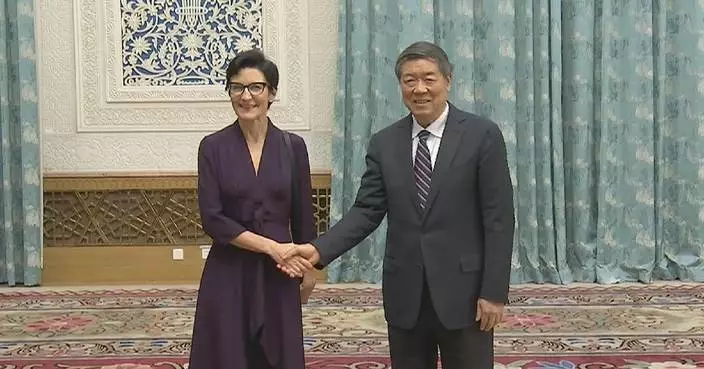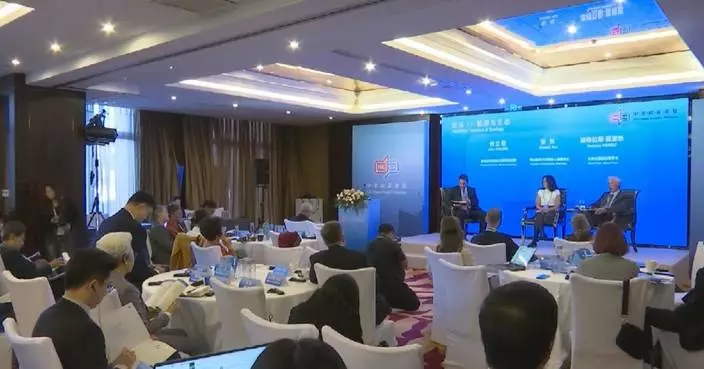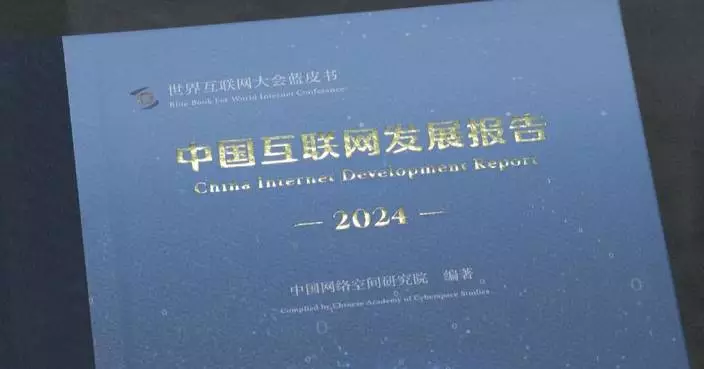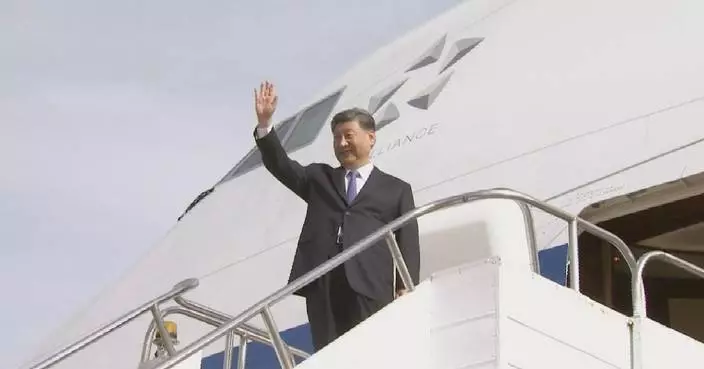Participants at the 31st APEC Economic Leaders' Meeting have reached significant consensus on economic and trade cooperation, according to the Chinese commerce ministry on Thursday.
A joint declaration of the meeting outlined agreements to support the multilateral trade system, advance Asia-Pacific regional economic integration, strengthen supply chain connectivity, promote digital trade and foster low-carbon development.
Additionally, the meeting adopted a statement on a new vision for the Free Trade Area of the Asia-Pacific (FTAAP) agenda, providing fresh guidance for the development of the free trade area.
"Building the FTAAP is a shared vision among APEC members to drive regional economic integration. China will work with all parties to uphold the FTAAP's role as the primary channel for integration, focus on capacity building and information sharing, explore new topics and rules, enhance alignment among regional trade agreements and encourage higher-level openness among APEC members, so as to build up favorable conditions for the eventual realization of the FTAAP," He Yongqian, spokeswoman for the Ministry of Commerce, told a press briefing in Beijing.
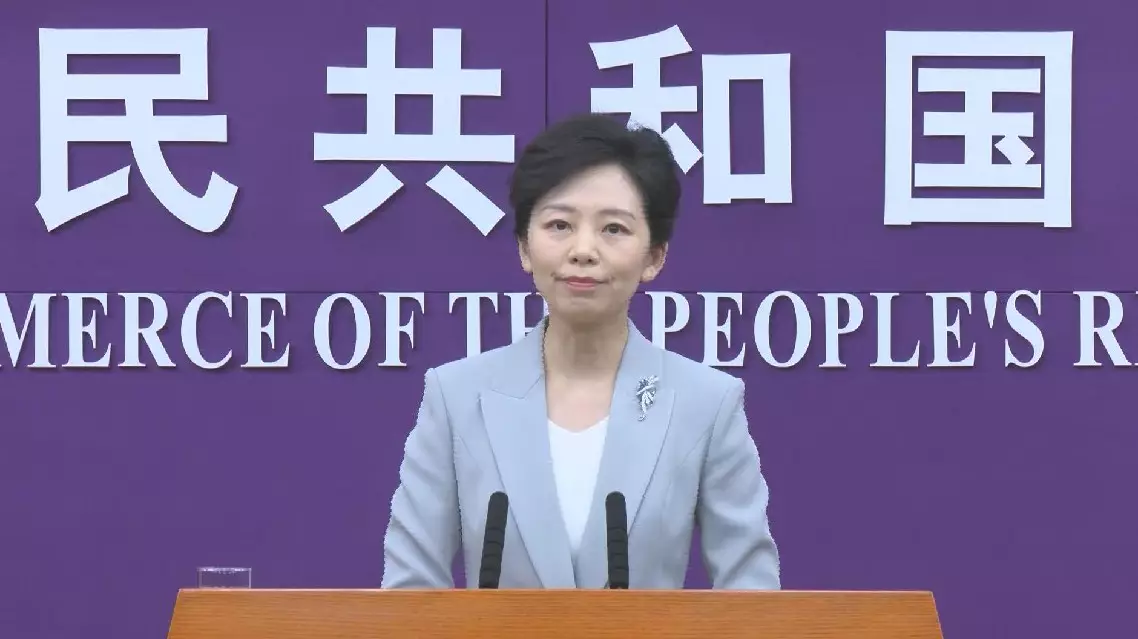
APEC meeting achieves consensus on economic, trade cooperation: spokeswoman
The 2024 U.S.-China People's Dialogue is being held in Beijing, bringing together personages from academia, business, tourism and other fields to share experiences and exchange views on how to further promote mutual understanding between people, especially the younger generation of the two countries.
The topics under discussion during the event from Wednesday to Saturday focus on tourism and ecology, artificial intelligence, and sports and education. Chinese and American attendees will discuss the prospects of cooperation and share their views and suggestions on the future development of China-U.S. relations.
Stephen Orlins, president of the National Committee of U.S.-China Relations, drew upon his personal stories of engagement to discuss the value of the bilateral people-to-people connections, calling for carrying forward the goodwill and achievements built up over decades of interactions.
"The people-to-people relationship is the foundation of the U.S.-China relationship. It is the foundation. We, as the National Committee of United States-China Relations, when we hosted the Chinese ping-pong team in 1972, that fundamentally altered America's perception of China and Chinese. And in the prior year, 1971, the Chinese hosting of the American ping-pong team fundamentally altered China's perception and Chinese perception of America and the American government and that led, that put the United States and China on a trajectory. What we need to think about is how do we strengthen that," he said.
The non-governmental connections between Chinese and American people have been growing and deepening since young table tennis players from the two countries kick-started the progress toward normalizing China-U.S. relations in Beijing more than 50 years ago.
Kuliang, a place in east China's Fujian Province, has witnessed the deepening bond between Chinese and American people ever since a number of U.S. citizens began living there over a century ago.
A group of American veteran pilots of the Flying Tigers who fought alongside the Chinese army and people against the Japanese invasion during World War II have also contributed to promoting friendly exchanges between the two countries.
At a time when the U.S.' so-called "political correctness" of being tough on China has led to the low ebb in the bilateral relations, participants at the dialogue believe that the current problems and differences will not change the aspirations of the people on both sides for friendly cooperation, saying that the relations will certainly improve through more exchanges and dialogues.
"In this digital age, we have so much information, but because the information is so, lacks context that sometimes it can actually be more dangerous than helpful, right? So that's why I think we need to have people-to people-contact here. The next generation will not have enough people who know anything about China. We have to solve that problem," said David Moser, associate professor of Foreign Language at Beijing Capital Normal University.
Launched in 2023, the annual U.S.-China People's Dialogue brings together leading American and Chinese nationals from a wide range of business, social, and cultural fields to explore ways to foster greater people-to-people exchanges between the two countries, and to chart a path forward.
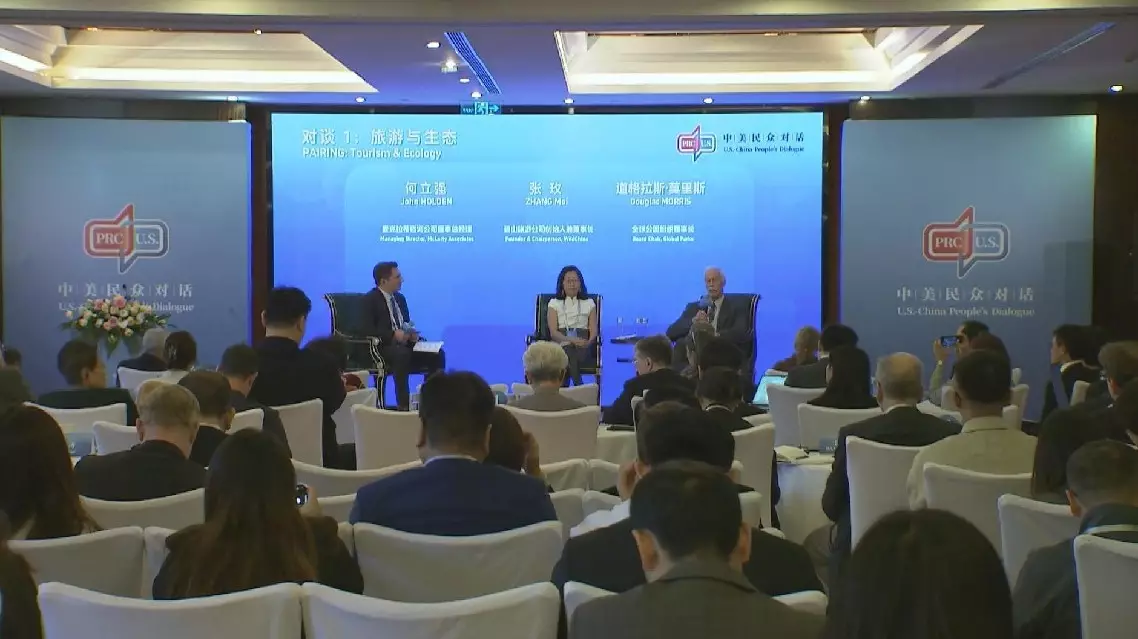
2024 US-China People’s Dialogue held in Beijing



